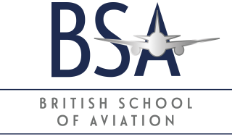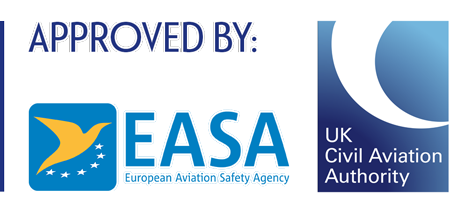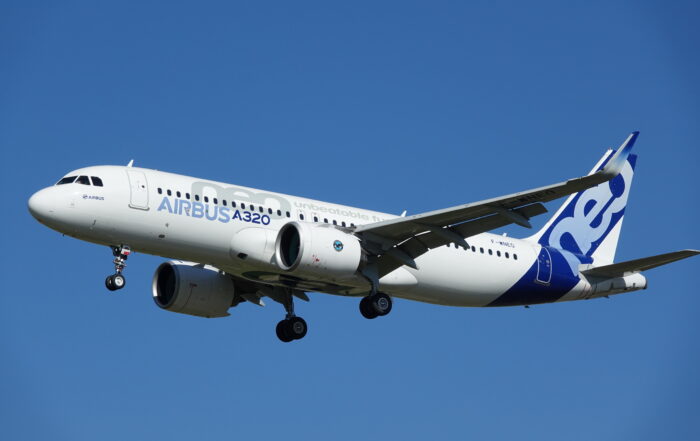BSA achieves RAE status for commercial drone pilot training
Even before the Covid-19 pandemic, the scope and scale of drone usage was expanding significantly in the UK, as consumer-grade devices have become increasingly sophisticated and cheaper. The Civil Aviation Authority (CAA) estimates that there are approximately 130,000 drone users in Britain and it’s believed the increasing variety of commercial applications utilising drones could add more than £40billion to the economy by 2030.
Whether flying a drone for recreational or commercial purposes, their operation is regulated under the government’s Air Navigation Order legislation. In November 2019, it became a legal requirement for drone owners to register with the CAA, or face a fine of £1,000. If flying a drone for business purposes, operators must acquire the mandatory ‘Permission for Commercial Operation’ (PfCO) from the CAA.
Regulations controlling commercial drone operations in the UK are changing on 31st December 2020. Individuals who already hold the NQE Recommendation Certificate and/or PfCO will have to convert to the GVC (General Visual Line of Sight Certificate). This will allow pilots to get an Operational Authorisation (OA) after 31st December 2020 with the potential for additional ‘bolt-on’ certification, such as Extended Visual Line of Sight (EVLOS) and Beyond Visual Line of Sight (BVLOS).
https://www.caa.co.uk/Consumers/Unmanned-aircraft/Our-role/An-introduction-to-unmanned-aircraft-systems/
The British School of Aviation has achieved a CAA-approved Recognised Assessment Entity (RAE) status for training commercial drone pilots, enabling them to achieve their GVC competency – General VLOS (Visual Line of Sight) Certificate.
As an innovator in aviation training, the addition of drone pilot training to BSA’s portfolio is both complementary and timely. Our existing customers, including airlines and MROs, stand to benefit hugely by harnessing drones for maintenance inspections of aircraft on the ramp or in the hangar, as they seek to cut operational costs in the wake of Covid-19.
BSA also forecasts that other industrial sectors, such as oil and gas, wind energy and construction, for example, will ramp up the use of drones for aerial data collection, infrastructure monitoring and inspections, particularly in more hostile environments, where safety and operational continuity are critical factors.
As part of its strategy to support the aviation industry by training frontline aircraft personnel, BSA is exploring collaborations with a number of specialist organisations offering drone services with the objective of creating a nationally recognised accreditation for commercial drone pilots.
Anoop Singh Bamrah FRAeS, Executive Director, BSA, explains:
“The exponential growth in drone applications and required CAA permits suggests that this technology will become an integrated part of the UK’s regulated aviation industry. From a commercial perspective, the requirement for more cost-efficient methods of inspection, surveying and even aerial non-destructive testing, means that there will be greater demand for competent drone pilots. These individuals could be former airline pilots or engineers who are looking to diversify their skills.”
“As a CAA-approved assessment entity, BSA not only meets the CAA’s training and assessment requirements but looks to prepare commercial drone pilots for operations in challenging and also hazardous airspace. As yet, there are no specific ratings for pilots flying within these types of environments but BSA and other partner organizations believe this to be a necessity for safe and cost-effective operations as drone usage accelerates.”
To find out more about BSA’s drone pilot training, email info@bsa.world








